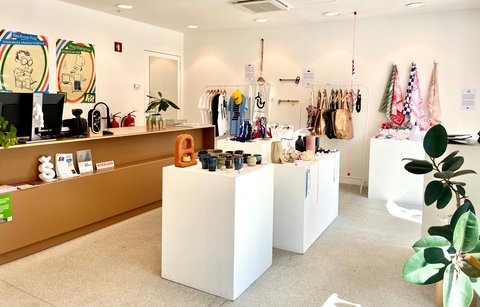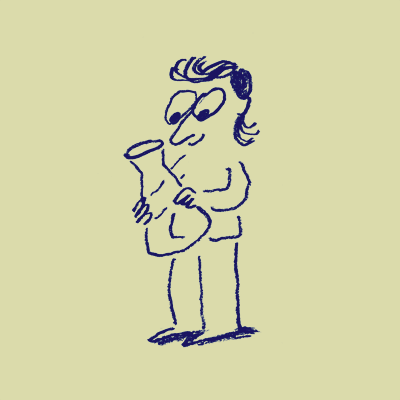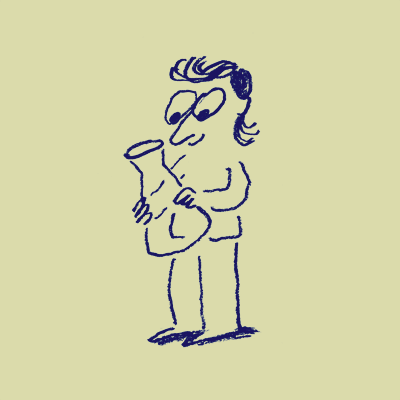Center Rog has once again successfully secured European funding for the development of creative craft and artisanal practices through three European Commission calls
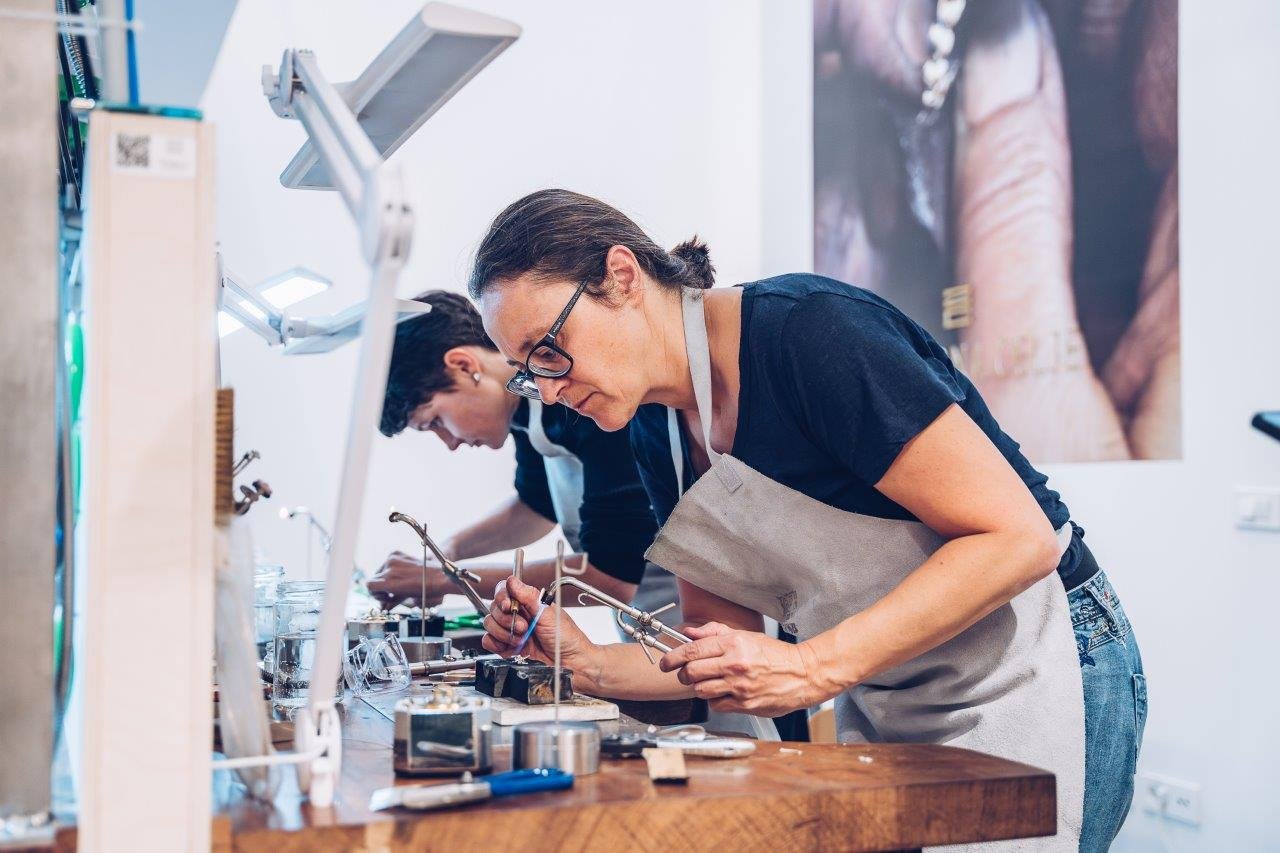
At Center Rog, as part of the European Commission's Creative Europe program, we have successfully secured two multi-year European projects in collaboration with our partners. Through these projects, Center Rog will receive a little over 200,000 euros in European funding, which will significantly contribute to the development of creative practices and support for artisans and craftspeople at the beginning of their careers.
Center Rog has also been successful in the European Commission's Culture Moves Europe call for residency hosts, as our »Designer in Residency« program has been awarded a total of 18,000 euros. From August to November, we will host four creators in the fields of textiles, architecture, and glass design in our residency apartments, under the shared theme What Can We Learn from Our Ancestors. Their work will be showcased at the annual production exhibition at Center Rog in November, during which an international conference and a creaton for young designers will also take place.
In total, Center Rog has so far received around 220.000 euros in European funding through this year's European Commission calls to support our program over the next two years.
CRAFTWORK 4.0. ALL (European Platform Call)
Under the leadership of the project coordinator MateraHub (Matera, Italy) and in collaboration with 12 partners from 12 countries, the project titled "CRAFTWORK 4.0. ALL" focuses on supporting artisans and craftspeople at the start of their professional journey. The participating partners will develop a platform for international and intercultural co-creation, enabling collaboration and connection between artisans, organizations, scientists, and institutions across Europe.
The platform will support artisans in enhancing traditional skills, functionality, and creativity to address contemporary design challenges. The goal of the project is to better understand the needs of modern artisans and craftspeople and to improve the training and education they require for professional growth.
The entire project spans three years and will receive a total of over 2 million euros in European funding, which accounts for 80% of the project's total value.
Glassmaking Between Tradition and Innovation (Collaboration Projects Call)
Under the leadership of the Foundation for the Advancement of Economic Science – FREN (Serbia) and in collaboration with partners, including Center Rog, the Institute for Creative Entrepreneurship and Innovation (Serbia), and Museum Sydøstdanmark (Denmark), we will develop an original methodology for the green and digital transition of creative glassmaking practices. The project includes the development of innovative tools, such as a carbon footprint calculator and a catalog of 30 ideas for introducing circular economy principles in the design and production of glass products.
Glass as a material faces many challenges; the work process not only impacts the natural environment but also carries high production costs, limiting artistic and creative expression. In response to these challenges, the project will develop state-of-the-art tools for "smart" glass production. The software developed within the project aims to create new approaches in glass production—partner organizations will explore how glass products can be designed virtually, endlessly modified, shared, co-created, standardized for physical production, or presented in "metaverse" galleries and other virtual environments. The project's results will be tested in three glassmaking laboratories, where glass designers will create 12 new functional glass objects or glass art pieces. One of these labs is the glass lab at Center Rog, one of the few publicly accessible glass workshops in the region.
The entire project lasts 2.5 years and will receive a total of 200.000 euros, accounting for 80% of the project's total value.
Photo: Jaka Ceglar
See more
ONDU
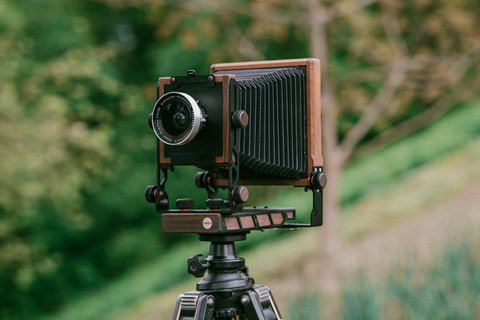
Professional large-format ONDU instruments, developed at Center Rog under the guidance of founder Elvis Halilović, are dedicated to the design and production of a professional line of large-format cameras. These high-end analog instrumen...


